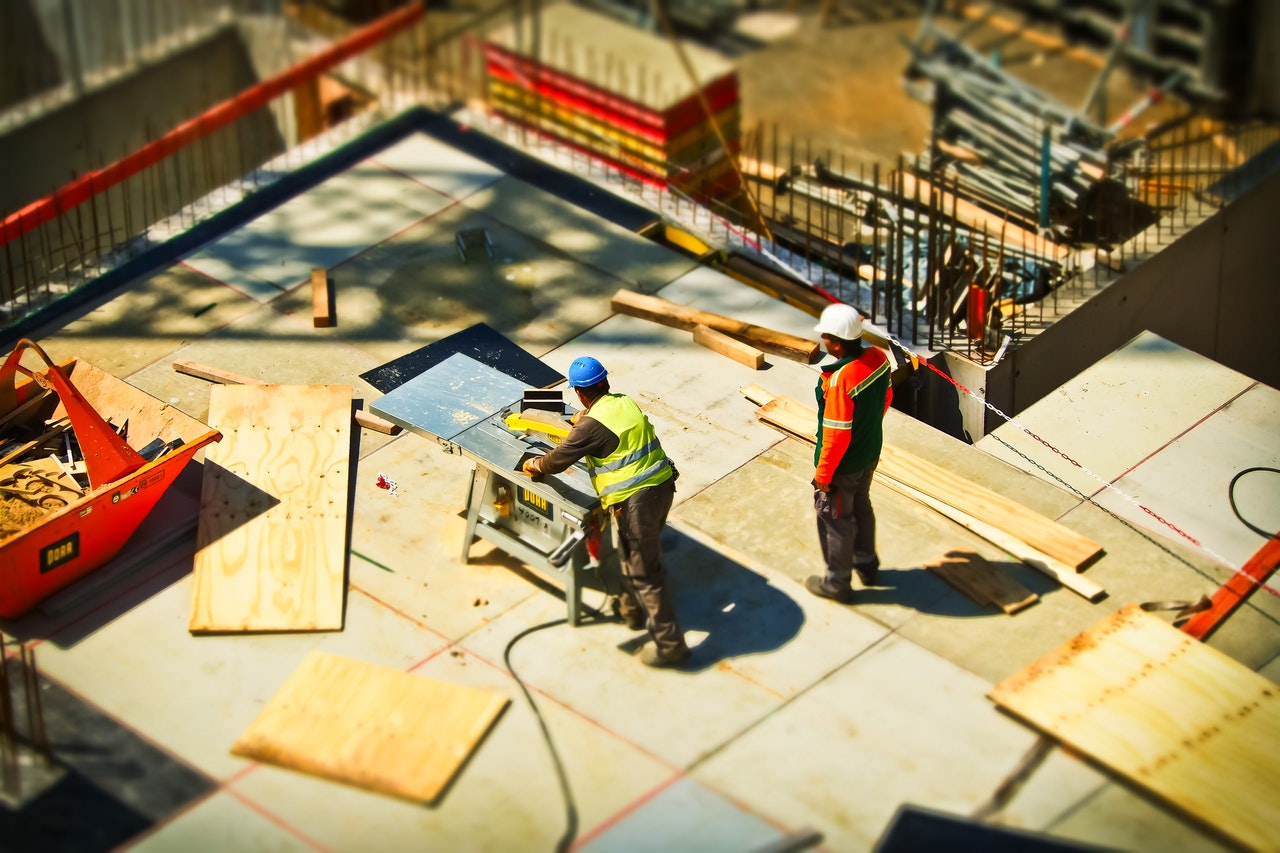Have you decided to build a brand new house for yourself instead of buying one? Good for you. This gives you so many opportunities to have the home of your dreams and make it match your needs exactly.
However, aside from your practical and aesthetic needs, you should also consider making the house energy-efficient right from the start. In case you were already thinking about this, here are some tips to have in mind which will both save you some money in the long run and help the state of our planet.
1.Design
Having a good plan is the most important thing. So, meet with various designers, architects and builders who can help you come up with a smart design for an energy-efficient home. Make sure they maintain good communication throughout the process to avoid any oversights.
2.Finances
While creating your plan, it’s essential to bear in mind the price of this endeavor. You should put all your wishes and needs on paper and see how much everything will cost. Make sure not to plan something you cannot afford as you will have no use from an unfinished house.
In case you already have a loan, you could look into your options for refinancing it. This will afford you the ability to consolidate your debts, potentially reduce the period of your loan and offer you the ability to get extra cash through equity that you can put towards your project.
Your plan should also include important information about the building site. How you position your home is going to play a vital role in its efficiency. If you are located in the Northern Hemisphere, the house should be facing south in order to block solar gain during summer and collect it during winter. Consult with professionals to see what other tips they have when it comes to this passive energy-saving method.
3.Landscape
In addition to the orientation of your home, you should keep in mind that the surrounding landscape also affects energy efficiency. For example, you can plant trees on the south and west side of your home to give you some shade in the summer. Deciduous trees will lose leaves in the fall and winter and, therefore, allow the sun to passively warm up your home.
4.Insulate your foundation
To increase the energy efficiency of your home and make it comfier, you should insulate your foundation. This is especially important if your house will also have a basement. Consider using insulating concrete forms as experts say that they have many benefits.
5.Seal and insulate the building envelope
In order to have pleasant temperatures inside your home all year round, your building should be well insulated. That can be done by making sure the envelope of the home is sealed properly.
Experts know which air-sealing techniques work best for which climate so look for the best option that fits your budget. Moreover, in addition to insulating the foundation, you should do the same with your walls by using structural insulated panels or opting for the optimum value engineering design.
6.Opt for highly-insulated windows and doors
Quality doors, windows and skylights all help keep your home warm or cool, depending on how you want it. That is why finding the right energy-efficient models and optimizing their orientation as well as size is important in order to reduce your future bills. Investing in overhangs and insulated shades can also help regulate the temperature.
7.Roof
When choosing the roof, it’s good to know that many of the available options are very eco-friendly and can last you a long time. One of the things to consider is your climate – professionals can tell you which materials are best for which conditions. Furthermore, the color also plays a role here, as dark colors absorb heat more than light ones and this can result in a warmer home. Opting for a cool roof is another option to reduce your energy use and bills.
8.Solar power
Your roof can also be used to install solar panels which can allow you to go completely off the grid and produce your own energy. While this is a pricier investment, experts claim that you will see the ROI in just a couple of years depending on the size of your system.
9.Heating systems
While solar power can also be used for heating purposes, you can look into other options as well. For instance, heat pumps, both air- and ground-source, are an amazing option as they draw heat from the atmosphere and the ground. If you opt for a ground-source heat pump, it should be installed before any other work starts in order to avoid unnecessary excavations later on.
There is a plethora of other things you can also do in your home to make it more energy-efficient, from using LED light bulbs and smart thermostats to equipping the space with ENERGY STAR rated appliances. Depending on your budget, decide which things are the most important and start from there.

Comments
2 responses to “9 Things to have in mind when building an energy-efficient house”
Thanks for the tips. It is a useful guide for those who are planning to build their own house. Yes, considering energy efficient builders will help you save a lot of money and it is durable and comfortable. It will also allow us to choose the design we wanted.
Windows is also a very important part of an energy-efficient home